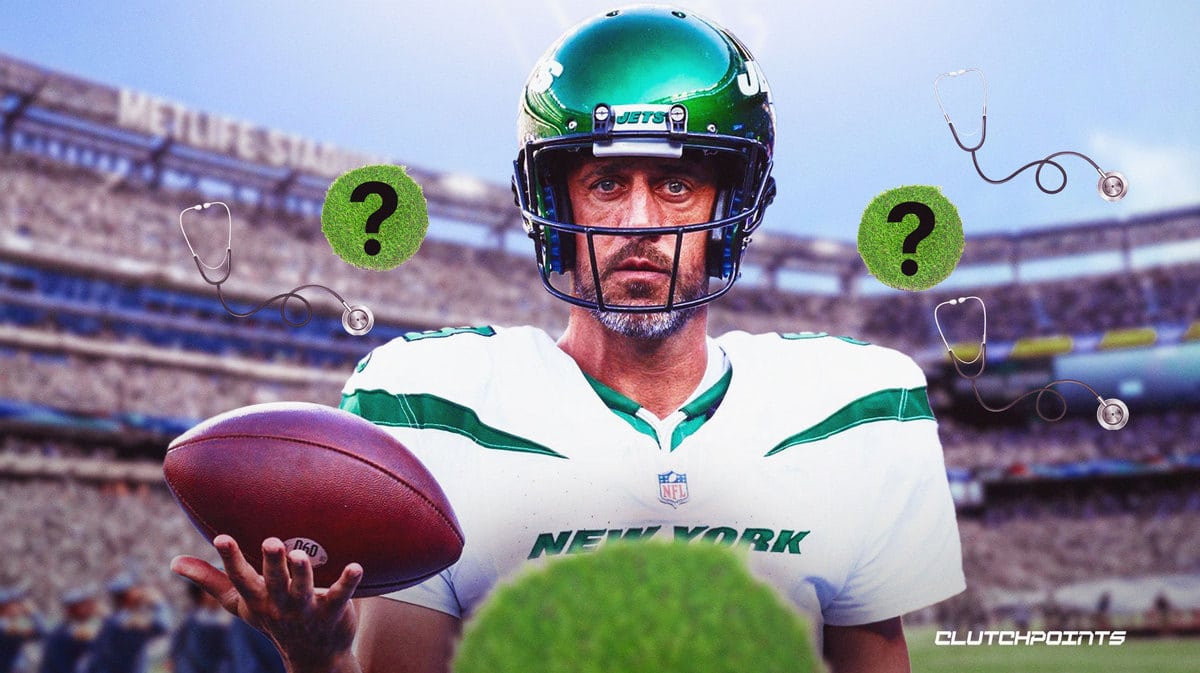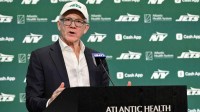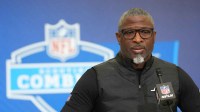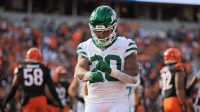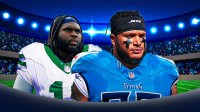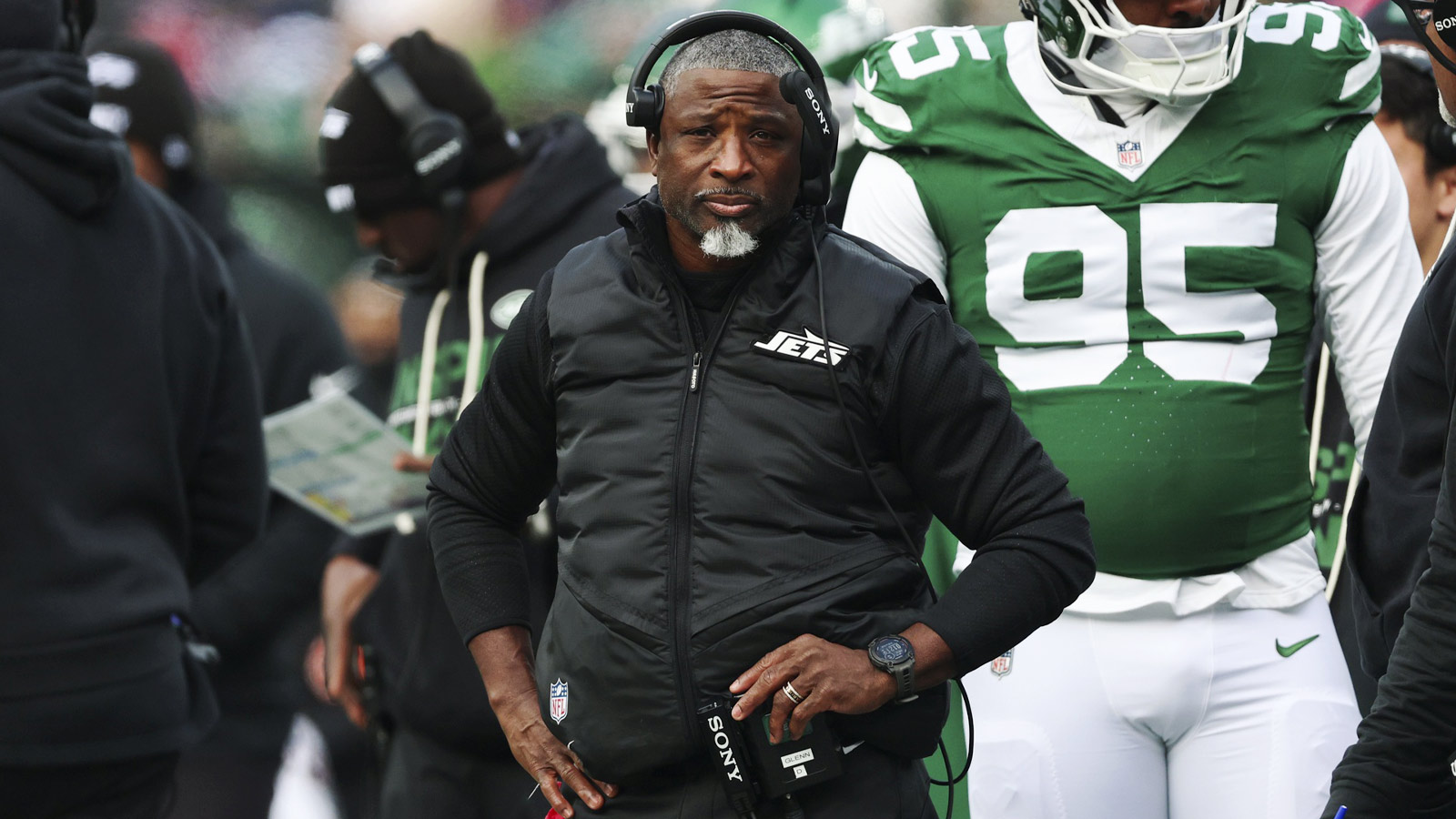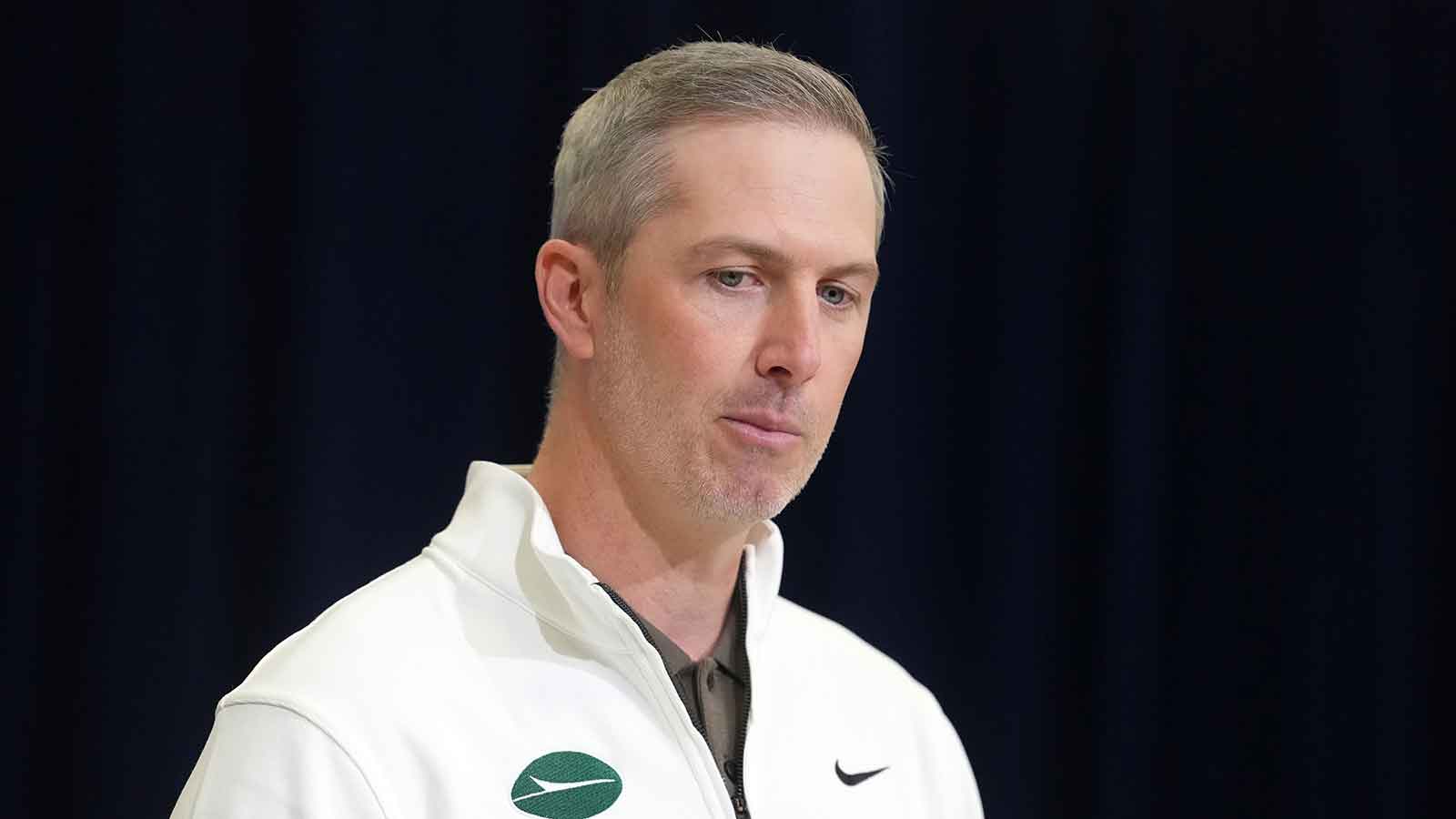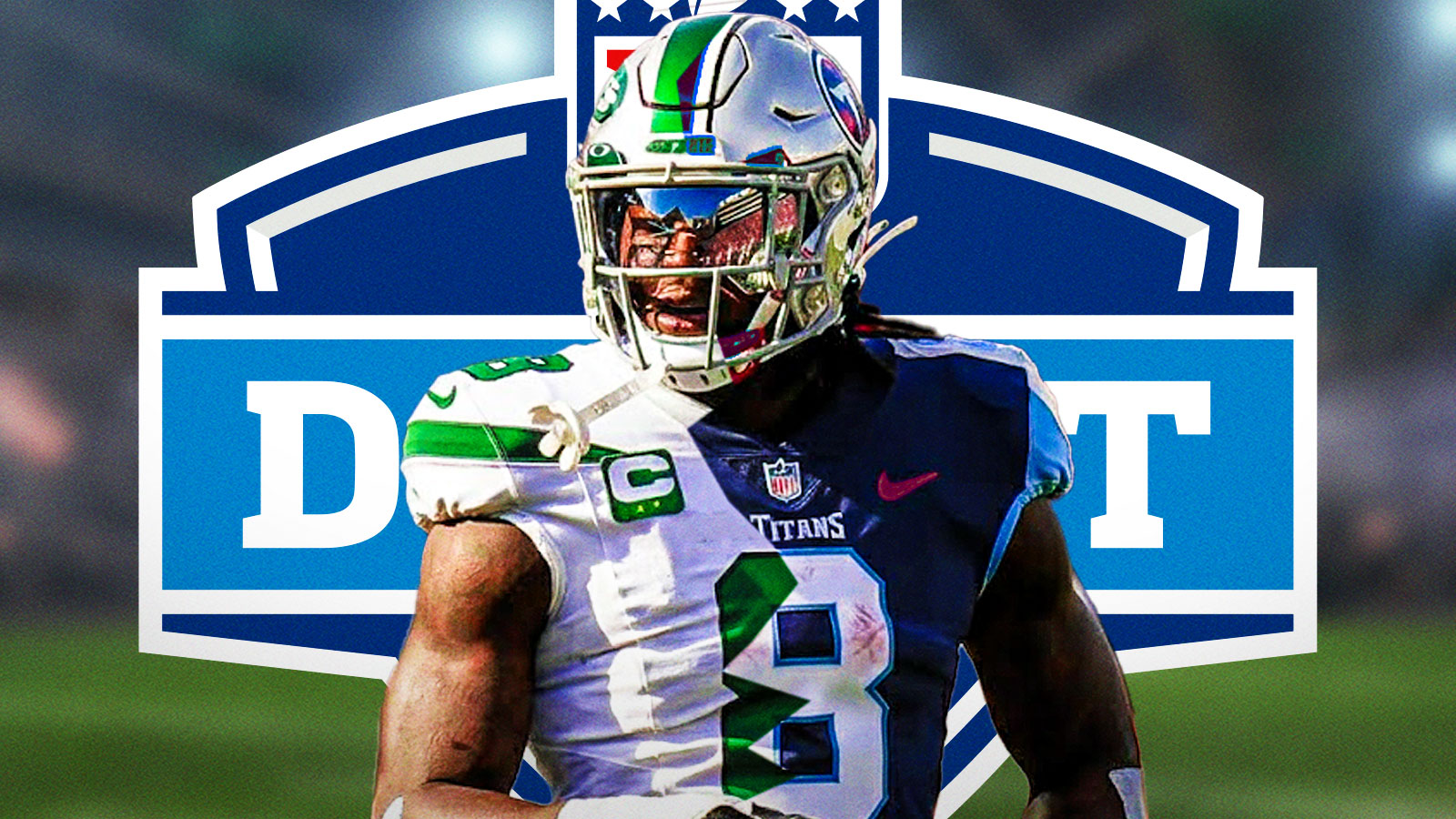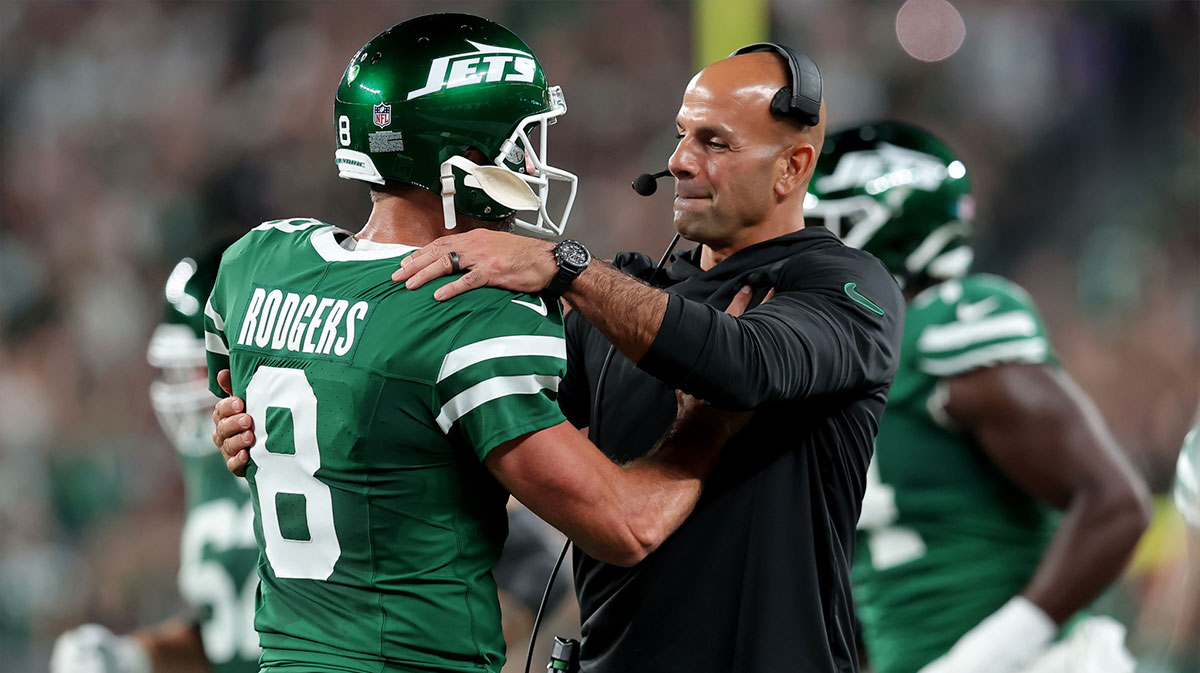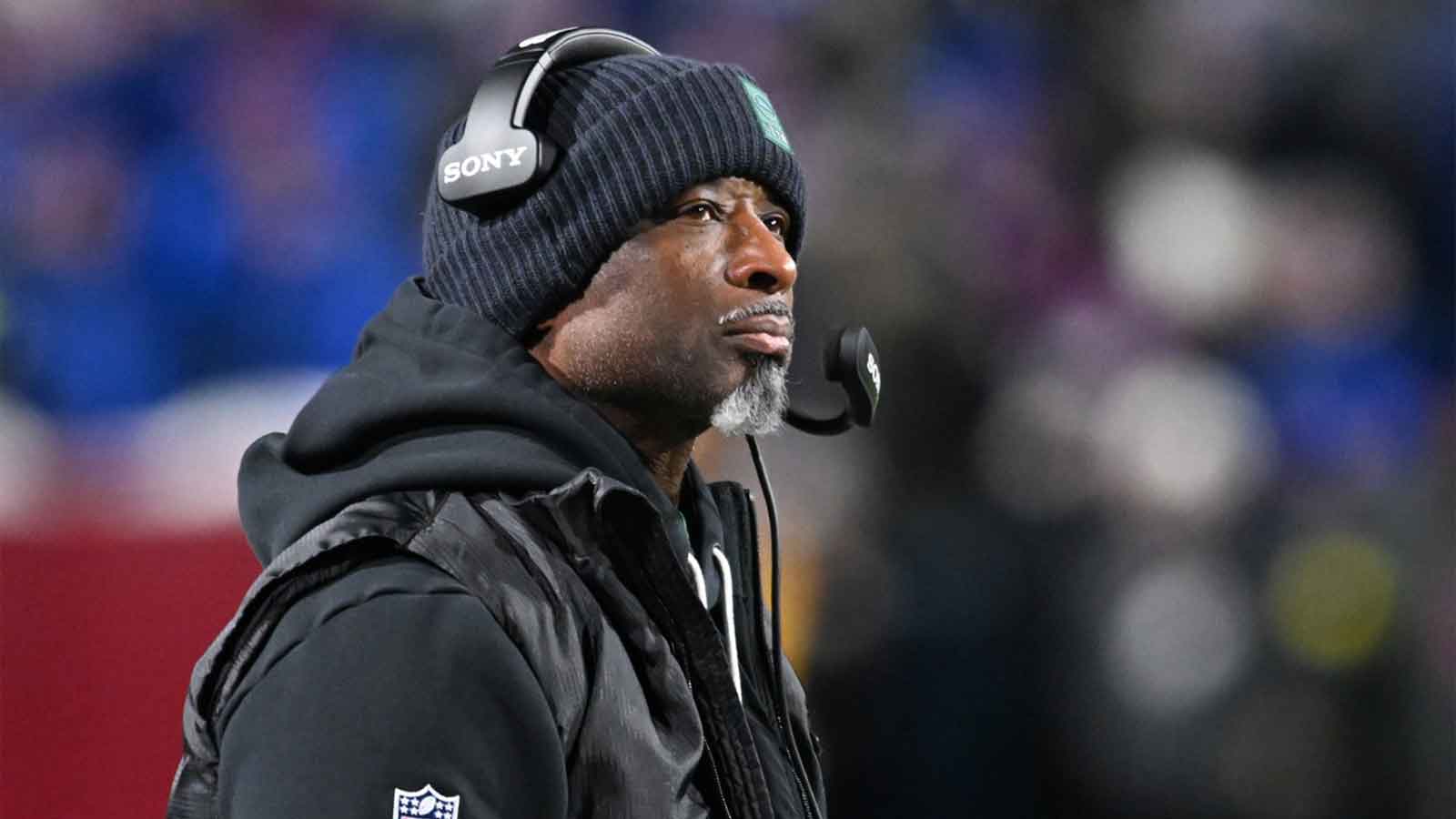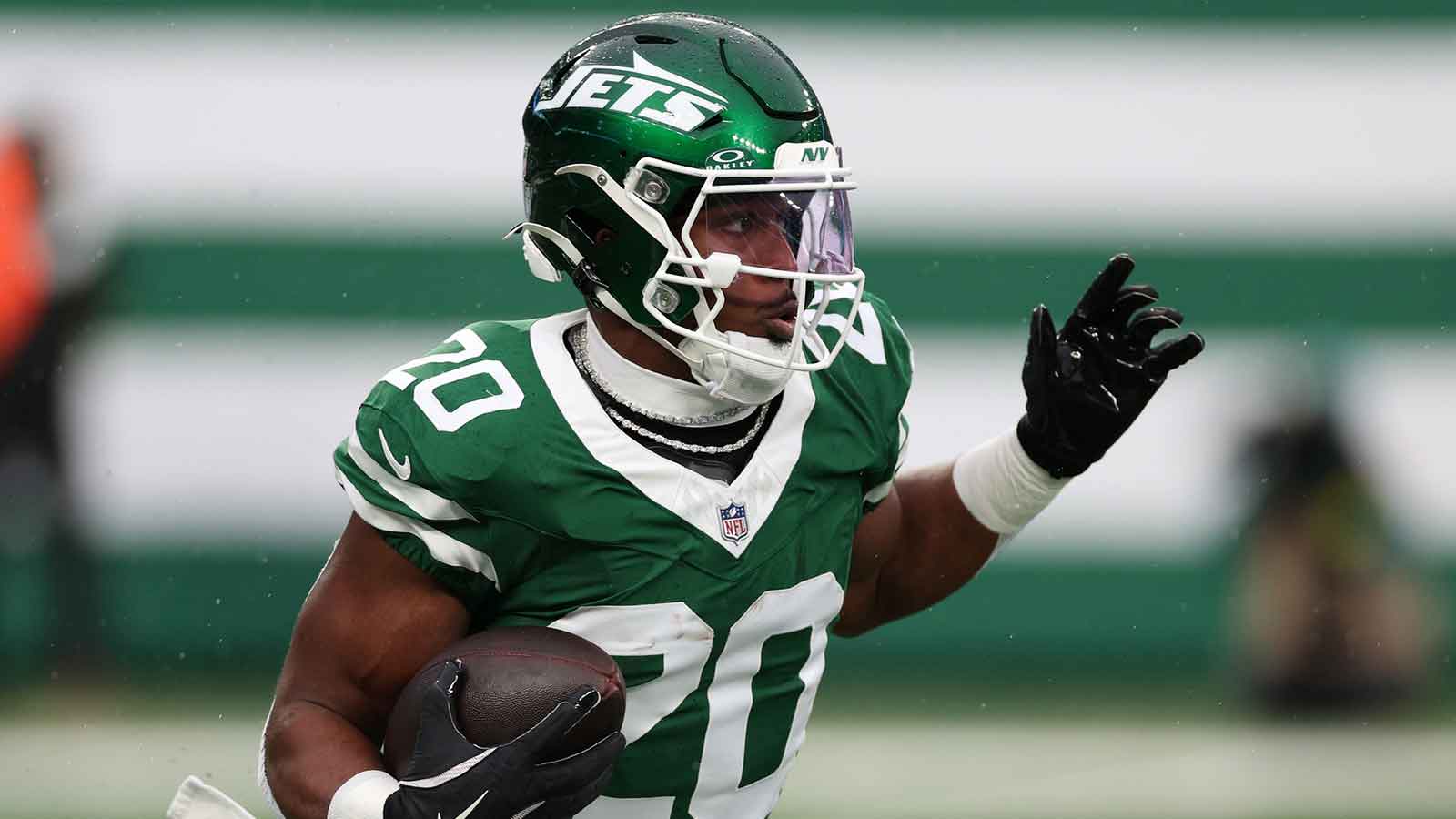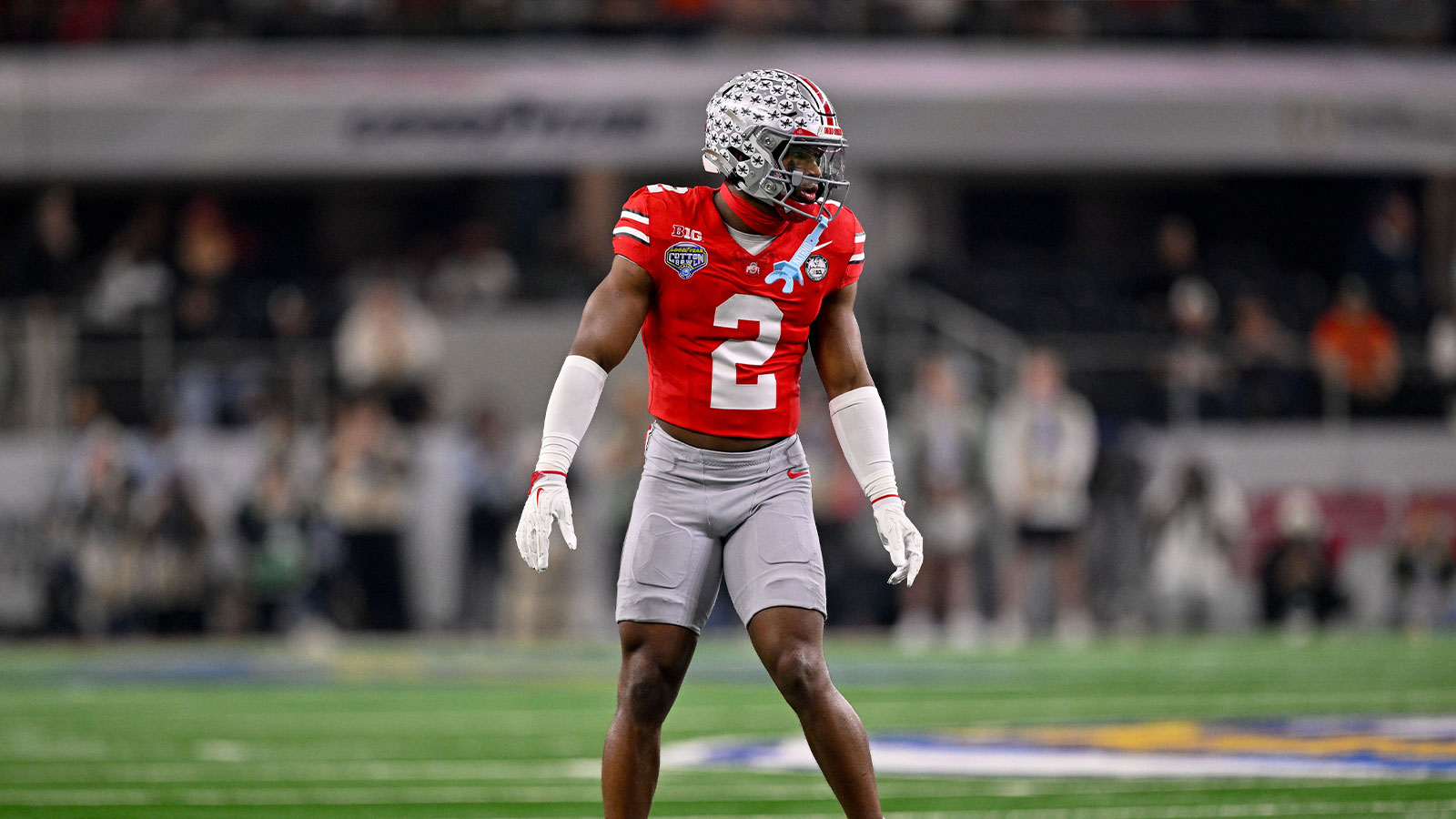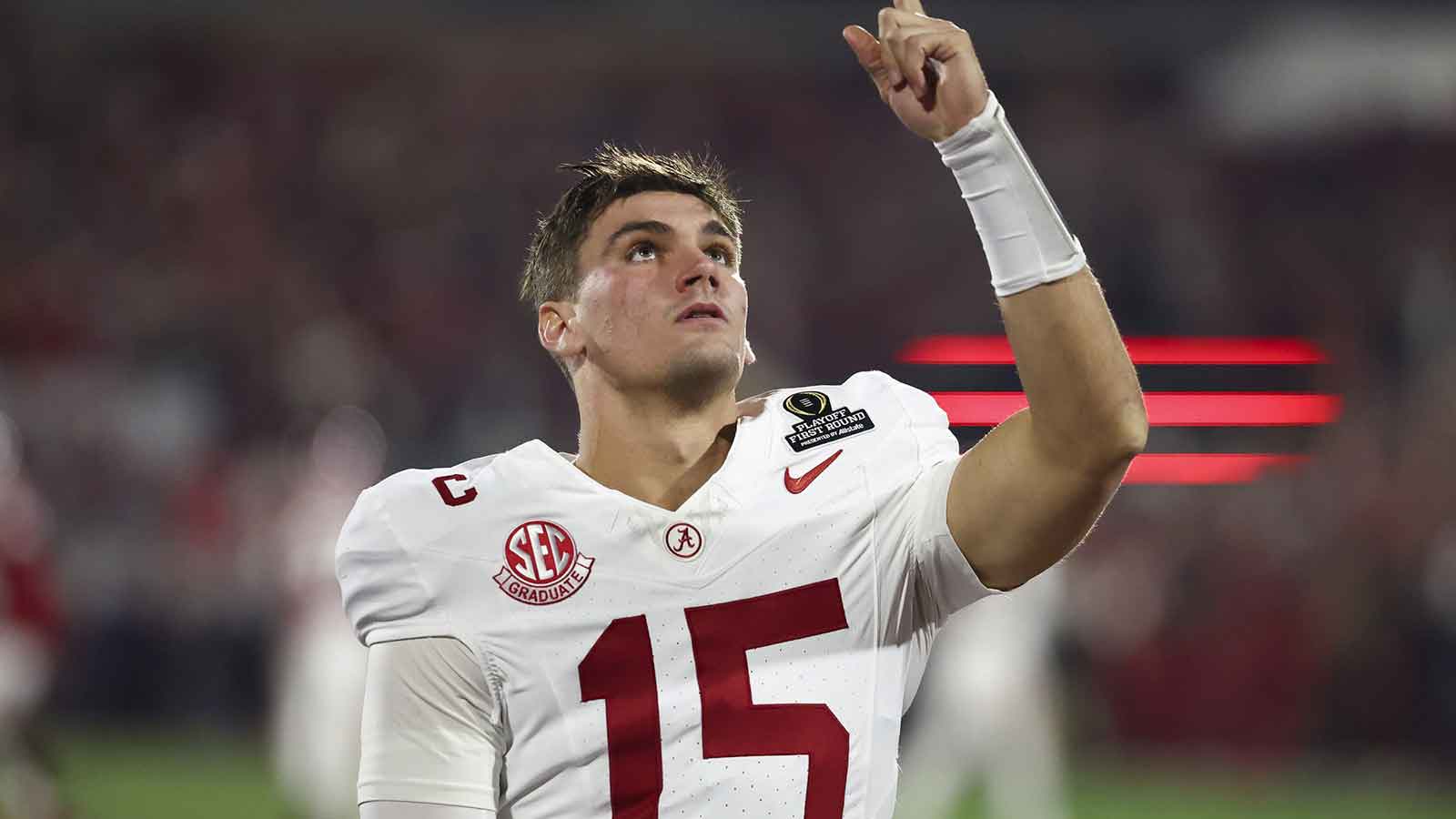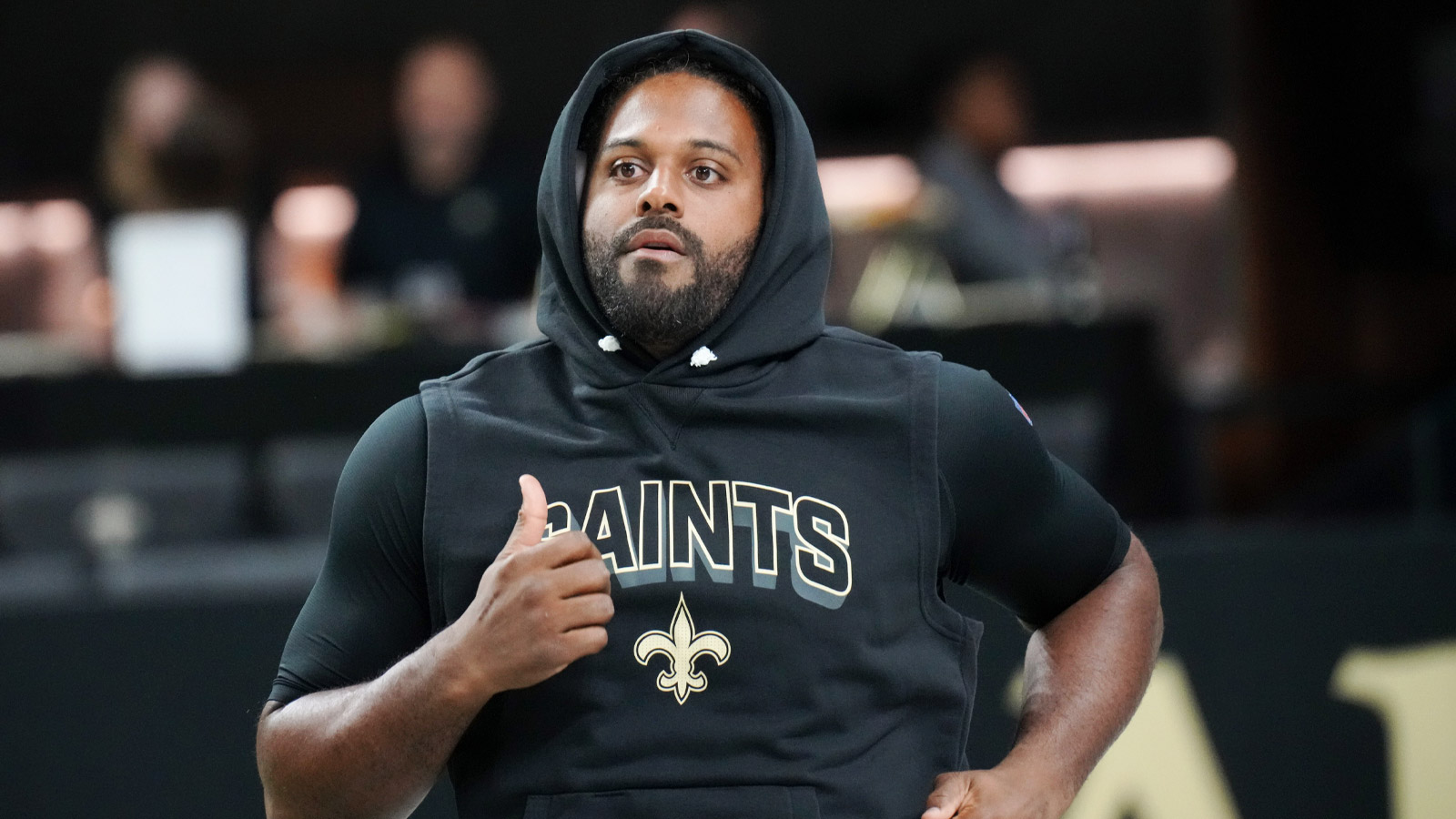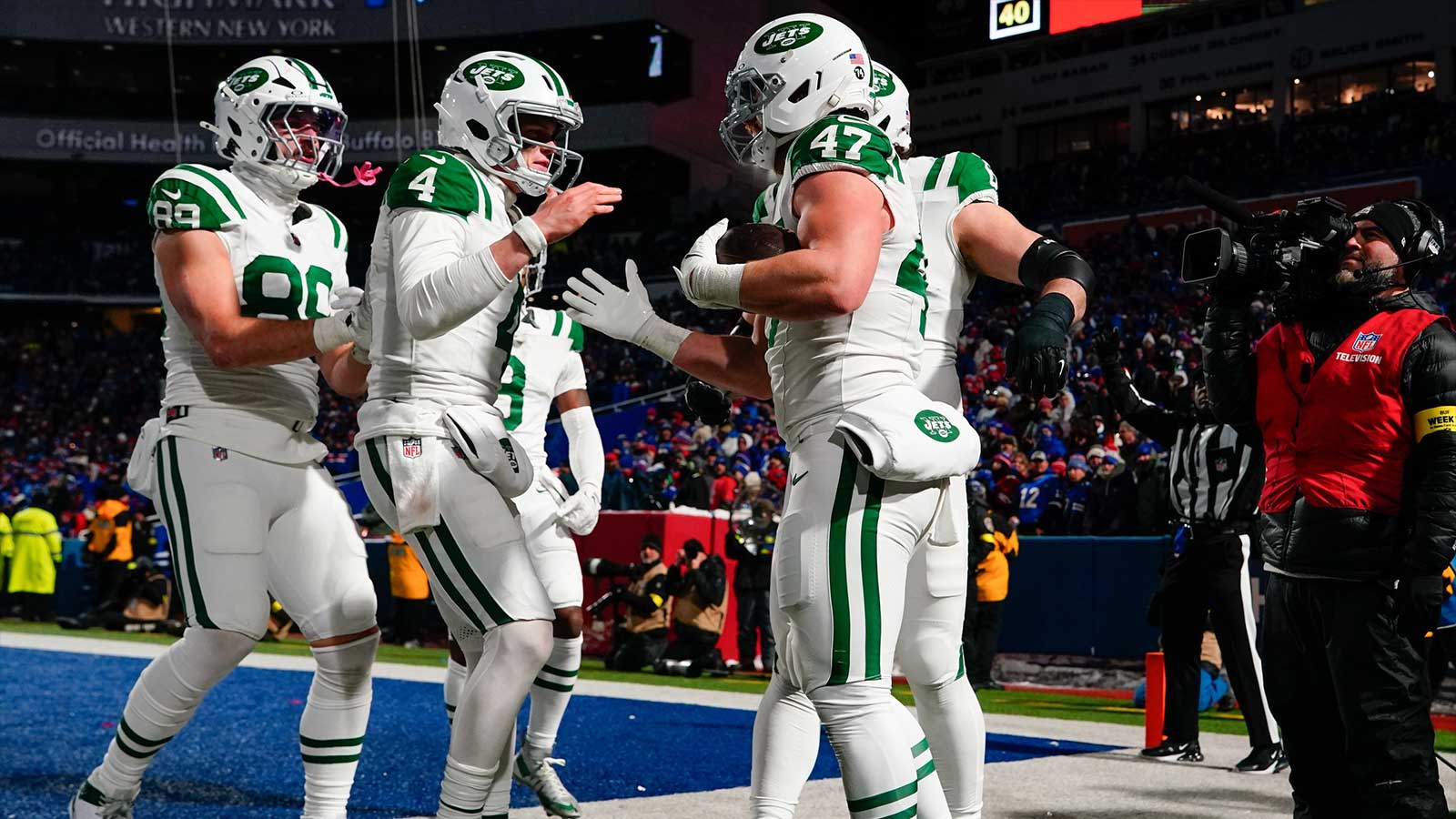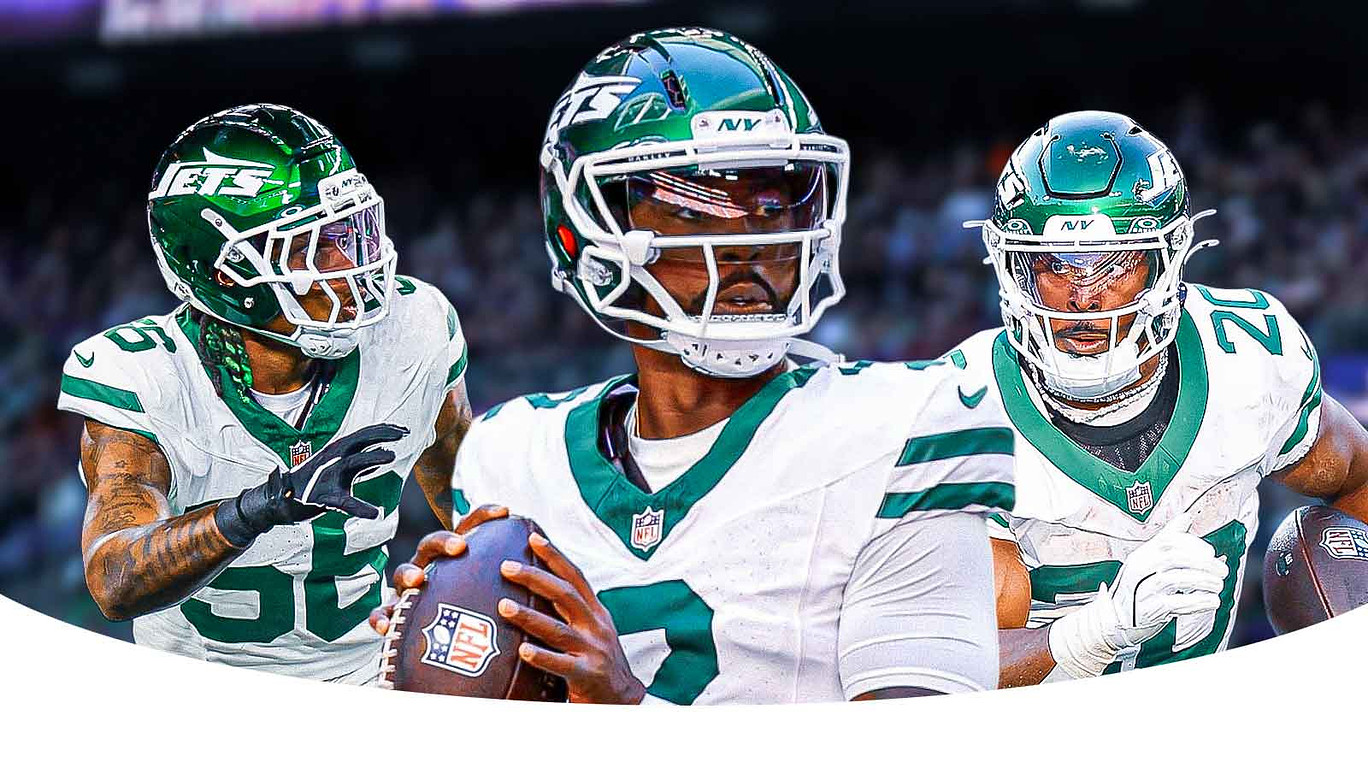The major Achilles injury Aaron Rodgers suffered during the New York Jets' season opener spurred once more the never-ending debate regarding how artificial grass, or turf, leads to a more common occurrence of leg injuries for NFL players. Nevertheless, one doctor made sure to point out that the relationship of Rodgers' injury to the turf in MetLife Stadium isn't as straightforward as one might think.
Speaking to Michael Rosenberg of Sports Illustrated, Doctor Nigel Hsu of Johns Hopkins, who is an Achilles tendon expert as well, mentioned that it's difficult to pinpoint a causal relationship between playing on turf and suffering an Achilles tear like the Jets quarterback did on Monday night.
“It’s not like slipping or how the ground is gripping causes the Achilles rupture,” Hsu said.
Moreover, another doctor reinforced the notion that playing on the turf did not directly cause the Jets quarterback's season-ending injury.
“I don’t think this was a turf or no-turf thing,” Doctor James Holmes of the University of Michigan said.
Some may point out that Aaron Rodgers was more vulnerable to an Achilles tear since he suffered a calf injury during preseason. Thus, combining this calf injury and playing on turf could not have been helpful at all for the health of the Jets quarterback's Achilles. But Dr. Hsu said that the calf strain was “probably not related” to Rodgers' Achilles tear, since “his foot got caught, and the ankle dorsiflexed (the backward bending and contracting of your foot)”.
The doctors then proceeded to point out other factors that more likely contributed to the Jets QB's Achilles tear. They said that Aaron Rodgers' age was a factor, as tendons have “less tensile strength” when one is older, which leads to easier tearing. In addition, Rodgers' lack of preseason snaps made the physical toll difficult to bear for his Achilles.
“Long periods of time off—there probably is something there. We don’t have hard data. [But] that seems to be a factor, at least in a percentage of the ones we’ve seen in pro athletes,” Doctor David Geier said.
Even then, people's perception when it comes to playing on turf fields surely won't be changing anytime soon.

